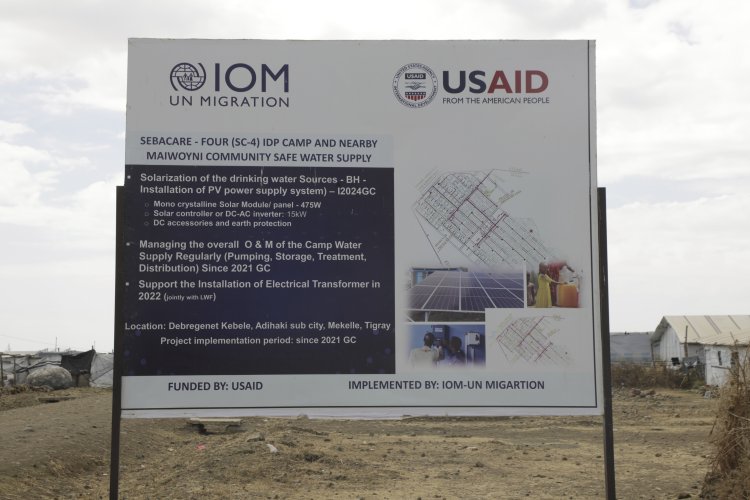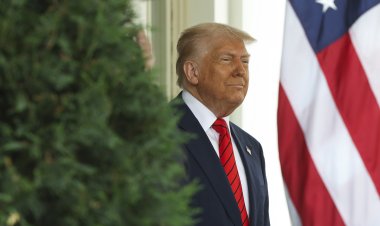Documents Uncover the Extent of Trump’s Reductions in Foreign Assistance
According to a document reviewed by PMG, the State Department has provided Congress with a list of affected grants and contracts.

This document, submitted to Congress on Monday, indicates that approximately 900 programs valued at around $8.3 billion have been preserved. An official from USAID informed Congress that this information was accurate as of March 21, based on another document reviewed by PMG.
As it stands, USAID retains a staff of 869 who collaborate with the State Department to maintain the agency's “lifesaving and strategic aid programming.” Previously, USAID employed over 10,000 staff members as of January 20, prior to the restructuring efforts led by Elon Musk's Department of Government Efficiency.
Some significant reductions include:
- $880 million for Gavi, the Vaccine Alliance, which assists developing nations in securing vaccines, covering the period from September 30, 2022, to December 31, 2030.
- $262 million for UNAIDS, the United Nations HIV program, for the period from September 19, 2022, to September 24, 2026.
- $57 million allocated for tuberculosis research at Johns Hopkins University from August 1, 2022, to September 31, 2027.
- $6.5 million designated to enhance management of treatment-resistant tuberculosis in USAID-supported countries, for the timeframe of October 1, 2024, to September 30, 2029.
However, the Trump administration will maintain several programs aimed at providing food assistance in regions like Zimbabwe and Tanzania, as well as initiatives to combat child malnutrition in Yemen. Many HIV programs are also set to continue, including a $458 million initiative from 2015 to 2026 focused on procuring and supplying rapid HIV test kits and efforts to reduce HIV infections in Malawi.
“Consistent with Secretary [of State Marco] Rubio's statements, USAID's continuing programs advance the core national interests of the United States,” the State Department stated in an email.
“For example, USAID continues to support the U.S. coordinated, interagency response to the Ebola outbreak in Uganda; to provide lifesaving HIV care and treatment services; to provide emergency assistance in conflict zones; and to support key American strategic partners,” a spokesperson added in the email.
The State Department also shared with Congress a list of the awards managed by the agency that have been retained and terminated, which PMG has acquired.
Why it matters: The U.S. is recognized as the largest global health and humanitarian donor. Experts in global health and humanitarian fields have cautioned that the reductions, aimed at aligning foreign aid with the administration’s “America First” agenda, could result in increased illness worldwide and likely lead to more fatalities from treatable diseases.
Congressional Republicans have largely dismissed these concerns, emphasizing the necessity for the U.S. to reduce its trillion-dollar debt.
What’s next: The administration’s power to discontinue these programs is anticipated to face challenges from congressional Democrats, as it is typically Congress that decides how U.S. funds are allocated.
Alejandro Jose Martinez for TROIB News












